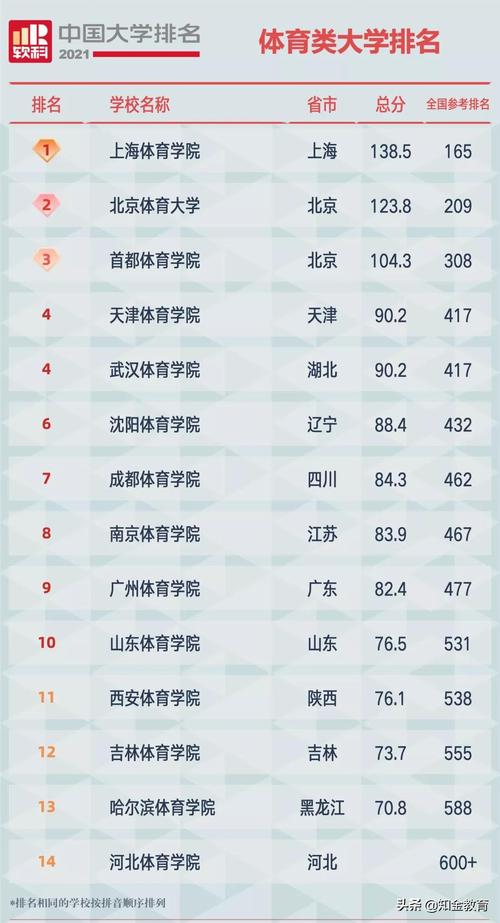Title: Opportunities for Humanities and Sports Students in University Education
In the realm of higher education, the opportunities available to students pursuing a combination of humanities and sports are diverse and enriching. While traditionally these fields may seem distinct, the modern educational landscape offers various pathways for individuals passionate about both. Here, we explore the universities and potential career trajectories for students inclined towards humanities and sports.
Humanities and Sports: A Unique Blend
Combining humanities and sports opens up a spectrum of interdisciplinary possibilities. The humanities encompass subjects like literature, history, philosophy, and languages, fostering critical thinking, analytical skills, and cultural understanding. On the other hand, sports provide avenues for physical fitness, teamwork, leadership, and competition. Integrating these disciplines can lead to wellrounded individuals equipped with a diverse skill set.
University Options for Humanities and Sports Students
1.
Liberal Arts Colleges:
Institutions emphasizing a broadbased education often welcome students with varied interests, including humanities and sports. These colleges prioritize holistic development and offer programs that allow students to explore different disciplines simultaneously.
2.
Universities with Sports Management Programs:
Many universities offer specialized programs in sports management or sports administration within their business schools or departments of kinesiology. These programs blend business education with sportsrelated coursework, preparing students for careers in sports marketing, event management, and athletic administration.

3.
Departments of Physical Education and Health Sciences:
Within larger universities, departments dedicated to physical education and health sciences often provide opportunities for students interested in both sports and academic pursuits. These departments may offer majors or concentrations that combine aspects of sports science with humanities disciplines such as sports psychology or sports sociology.
4.
Interdisciplinary Studies Programs:
Some universities offer interdisciplinary studies programs that allow students to design their own course of study, combining humanities subjects with sportsrelated coursework. This flexibility enables students to tailor their education to their unique interests and career goals.
Career Paths for Humanities and Sports Graduates
1.
Sports Journalism and Broadcasting:
For students passionate about both sports and writing or communication, a career in sports journalism or broadcasting may be an ideal fit. These professionals cover sporting events, interview athletes and coaches, and analyze games, blending their love for sports with their communication skills.
2.
Sports Marketing and Public Relations:
Graduates with a background in humanities and an understanding of sports culture can pursue careers in sports marketing and public relations. These roles involve promoting sports teams, events, or brands through various media channels and engaging with fans and stakeholders.
3.
Sports Psychology and Counseling:
Combining knowledge of humanities disciplines like psychology or counseling with an interest in sports can lead to a career in sports psychology or counseling. Professionals in this field work with athletes to enhance performance, manage stress, and navigate interpersonal relationships within their teams.
4.
Sports Administration and Management:
Students with a keen interest in both sports and business may find opportunities in sports administration and management. These roles involve overseeing the operations of sports organizations, managing budgets, and coordinating events, leveraging both athletic and administrative skills.
Guidance for Prospective Students
For prospective students interested in pursuing a combination of humanities and sports in their university education, here are some guiding principles:
Research University Programs:
Explore the curriculum, faculty expertise, and extracurricular opportunities offered by different universities to find a program that aligns with your interests and career aspirations.
Seek Mentorship:
Connect with professors, advisors, or professionals working in fields that interest you to gain insights and guidance on potential career paths and educational opportunities.
Embrace Interdisciplinarity:
Be open to exploring connections between humanities and sports disciplines, recognizing the value of interdisciplinary perspectives in today's complex world.
Gain Practical Experience:
Look for internships, volunteer opportunities, or parttime jobs related to sports or humanities fields to gain practical experience and build your skills outside the classroom.
In conclusion, the intersection of humanities and sports offers a wealth of opportunities for university education and career development. By embracing interdisciplinary approaches and seeking out programs that cater to their unique interests, humanities and sports students can embark on fulfilling academic and professional journeys.
